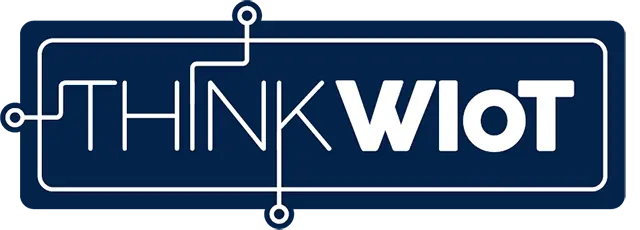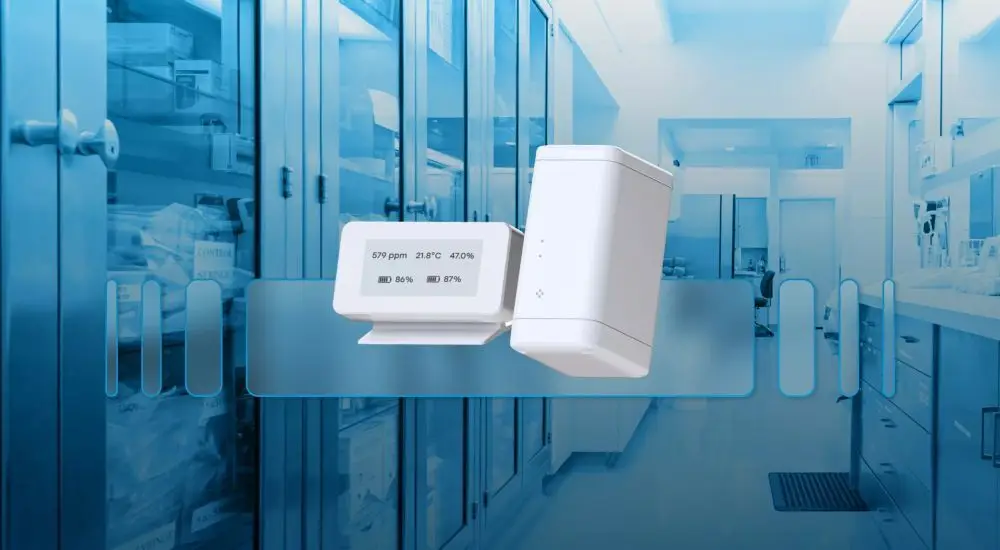Understanding the DPP Regulation

The way we manage product data in Europe is about to change radically. To support the circular economy and boost supply chain transparency, the EU is introducing a Digital Product Passport (DPP). This new regulation will soon require businesses to track and share detailed product information, from raw materials to recycling.
Tied to the EU’s broader Digital Transition and Data Spaces agenda, the DPP combines traceability, chain of custody, collaboration and secure data exchange into one future-proof framework. It lays the groundwork for a connected, transparent and fully accountable supply chain; not just for compliance, but for circular innovation at scale.
The DPP isn’t just a standalone initiative. It’s part of a much larger shift in how we manage, share and trust product data across the entire value chain.
What’s inside a Digital Product Passport?
The DPP contains structured, machine-readable data accessible to all relevant stakeholders. This includes manufacturers, logistics partners, retailers, recyclers and consumers. The result: greater transparency, smarter decision-making and seamless collaboration across the product’s journey.
Each DPP will typically include:
Information on product materials and components:
Detailing the resources used and their origins.Manufacturing and origin data:
Providing insights into where and how the product was made.Environmental and carbon footprint indicators:
Quantifying the product's environmental impact throughout its lifecycle.Repairability and reuse information:
Guiding consumers and repair services on how to extend the product's lifespan.End-of-life instructions for recycling or disposal:
Ensuring proper handling once the product is no longer in use.
Who needs to comply with the DPP regulation?
As the European Union pushes toward more sustainable and circular production models, a new regulation is set to reshape how product data is managed and shared across industries. The Digital Product Passport (DPP), part of the upcoming Ecodesign for Sustainable Products Regulation (ESPR), will require businesses to provide detailed, digital records for their products.
This digital passport contains structured data about a product’s origin, materials, environmental footprint, repairability and end-of-life handling. It follows the product through its entire lifecycle. This means companies will need to track and share structured data on a product’s origin, composition, environmental footprint and end-of-life handling, from production to recycling.
DPP timelines and sector priorities
The DPP regulation is a cornerstone of the broader ESPR framework and will be rolled out gradually, impacting different industries in phases. While the full implementation is expected by 2030, specific high-impact product categories are are scheduled for earlier adoption, starting between 2025 and 2027:
Batteries (industrial, automotive, EV batteries)
Electronics (consumer electronics, ICT equipment)
Textiles and apparel (including footwear)
If your business operates in one of these sectors, or is an integral part of a related supply chain that supplies these industries, you’ll need to be DPP-ready in the very near future. Even if your specific sector isn't immediately targeted, early preparation can help you stay competitive, future-proof your operations and demonstrate a commitment to sustainability that resonates with customers and partners alike.
Want to know more about the key requirements for a Digital Product Passport and the best way to get your business ready for compliance?
Click here to read the full article on how our IoT-as-a-Service solution and digital twin technology can help you prepare for the new regulation and unlock data-driven operational insights.









